The end of the Cold War has after been referred to as an era of reduction in overall tensions in the international relations. Since the Cold War had not been the only contention between India and Pakistan, this proposition does not hold much ground as far as their bilateral relations are concerned. However, major changed have appeared in the Post Cold War phase affecting the strategic thinking of India and Pakistan. In the Cold War phase, a number of issues have emerged, such as the fight against terrorism, development through cooperation and other humanitarian issues which India and Pakistan have to deal with in collaboration with the rest of the world community. Such issues demand certain degree of cooperation between the two neighbours but decades of hostile relationship prevent then to do so. A combination of political and military analysis as well as social, cultural and ideological factors is essential for the study of strategic relations between India and Pakistan. In this case the political dimension overshadows all other aspects – and yet, the importance of economic and socio-cultural interaction cannot be dismissed and they are stressed from time to time. The current peace process running along with the 12th SAARC Summit is a positive sign but how far it can go is yet to be seen.
India and Pakistan: The Conflict Peace Syndrome
In stock
Free & Quick Delivery Worldwide
reviews
Bibliographic information
Title
India and Pakistan: The Conflict Peace Syndrome
Author
Edition
1st ed.
Publisher
ISBN
8187644710
Length
vi+321p., References; Appendices; Bibliography; Index; 22cm
Subjects

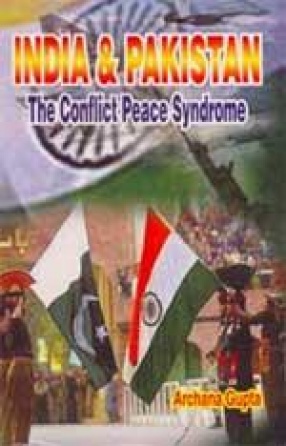
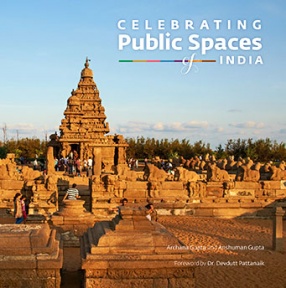
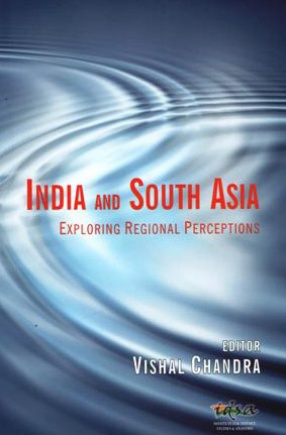
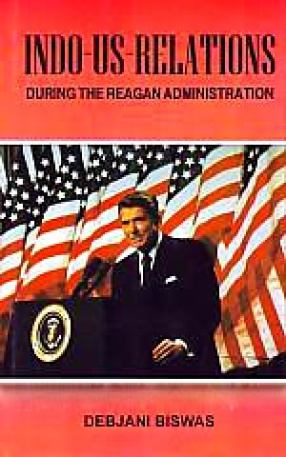
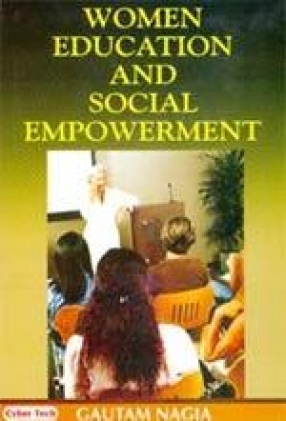
There are no reviews yet.